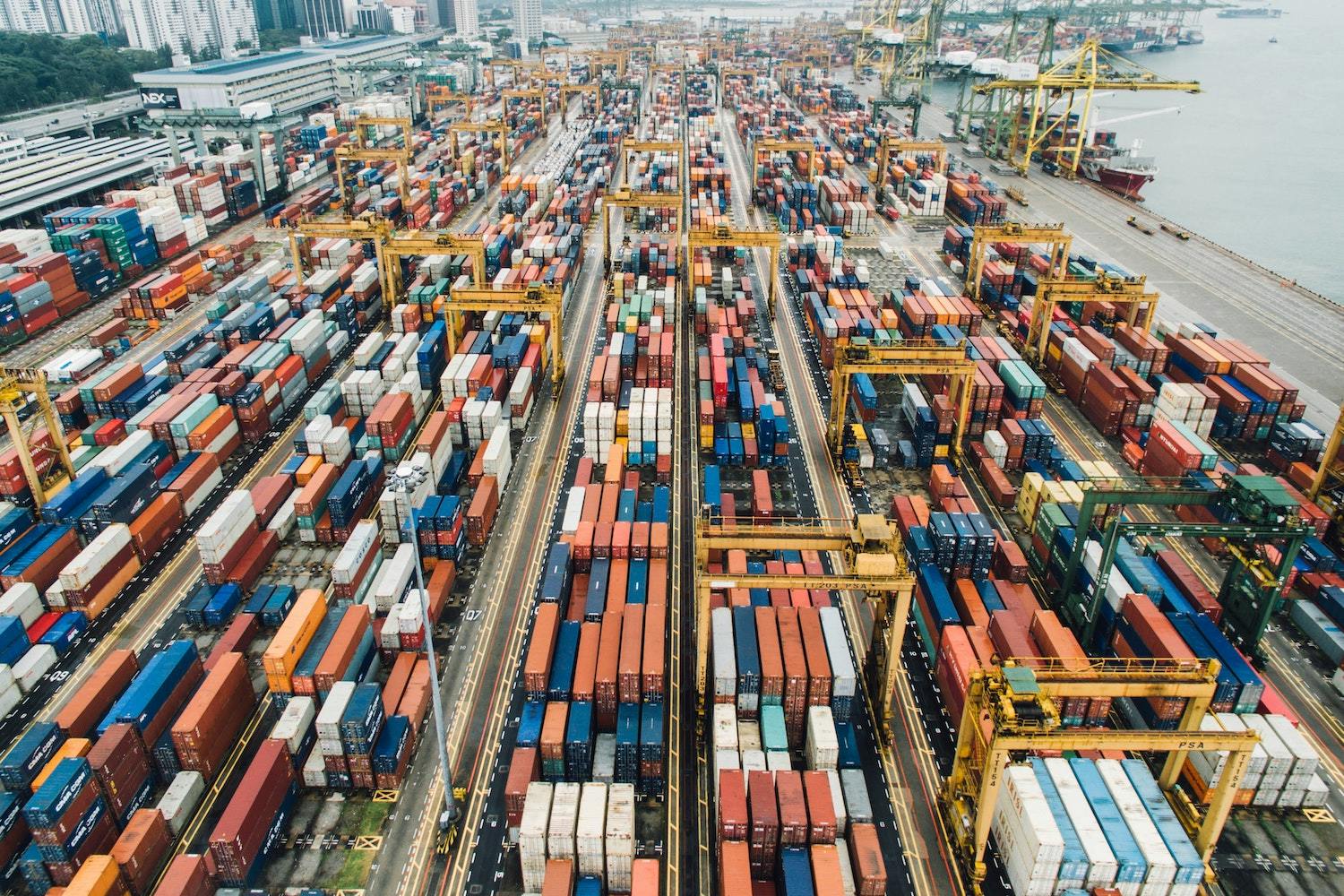insights
Three Risks for International Trade Companies and How to Manage Them
Moselle Research Team

We know how you feel as entrepreneurs who import, it can be overwhelming to juggle and stay on top of all the moving parts on the go. That’s why we want to highlight those notable risk factors you may be facing, or could face in the future. Planning for risk is an essential skill for any new or established company and not being adequately prepared or ready with the right tools could be detrimental to growth and overall success for your trade company, even resulting in legal troubles.
There's three main risks any trade business should be mindful of:
1. Currency Risks
Currency risks occur for payables and receivables when foreign currency fluctuates, which can happen often. However, the currency volatility can have both positive and negative effects on a company’s bottom line.
For importers, if your local currency loses value, it could cost thousands of dollars when the time comes to pay invoices. Typically, trade companies are in the business of exporting and importing, not currency trading, so planning for currency fluctuation is the best way to manage potential losses over the long term.
There are several methods available at varying costs that lock in trade rates to hedge against currency exposure. The last thing a business owner has time for is constantly checking on currency rates while managing higher priority tasks to keep the business going.
Moselle can help take foreign exchange monitoring off your plate - set up foreign exchange alerts and forget about it, we'll let you know the price is right.
2. Shipping: Duties, Tariffs and Freight

Depending on trade agreements, you may need to pay tariffs (similar to a sales tax), when bringing in products from abroad. Tariffs increase the cost for importers, ultimately impacting the final cost of a product. This added cost can make your business less competitive than a company who can sell a similar product locally.
Many international trade companies use brokerages to manage duties and tariffs to get their shipments cleared at borders, but products can be held up at borders for unforeseen reasons, impacting accuracy of shipment time and even the cost of shipment if the duties & tariffs were not correctly declared.
With the addition of local freight delays charges, it can easily seem impossible to handle constant changing charges. Having a relationship with a local broker can head off potential headaches and using tools like our Purchase Order Builder can help you to figure out the right HS Codes needed to determine a true cost estimate, allowing you to anticipate potential costs.
3. Credit Management Risks
Many trade relationships are built over time on trust and goodwill, and occasionally, it means suppliers extending some sort of credit to importers throughout the relationship.
In cases where importers default on payments, buyers in the same jurisdiction have legal recourse that can help resolve non-payment issues. In an international trade scenario, however, it becomes more complicated to collect on defaulted invoices. Non-payment can interrupt cash flow and impede overall business operations and even access to credit.
Both buyers and sellers can mitigate these risks by having well-worded, comprehensive agreements that lay out delivery and payment schedules. New international clients should fill out credit applications and due diligence must be done by exporters to ensure that buyers can access credit from their banks and that they have good credit relationships with other suppliers. Once a relationship has been established, exporters might choose to extend further credit to importers so they can make larger purchases.
Keeping on top of the paperwork required to set up payment terms, tracking each buyer’s payment history and their outstanding invoices can be cumbersome and time consuming. Moselle can track credit habits with of your buyers with your company and pull valuable insights about outstanding receivables at a glance. These crucial insights can be be harnessed to quickly give you access to trade financing to bridge your next shipment, so you have one less thing to worry about.
SOURCES: